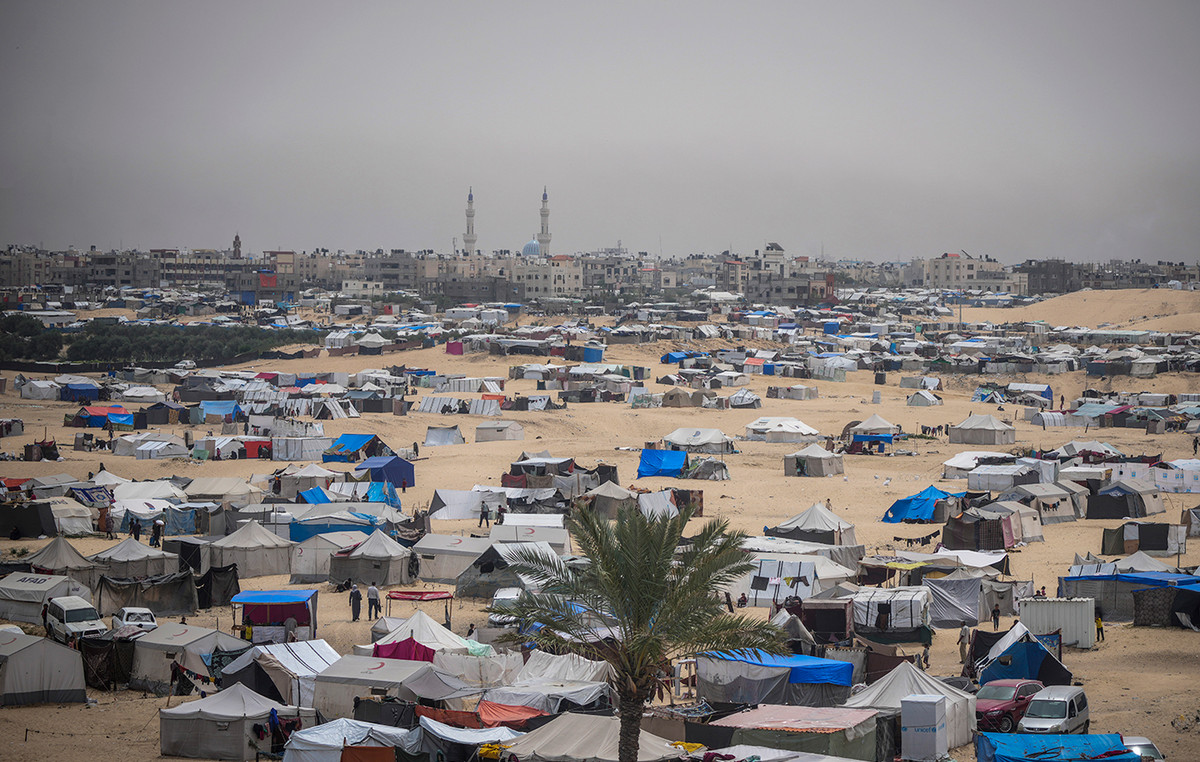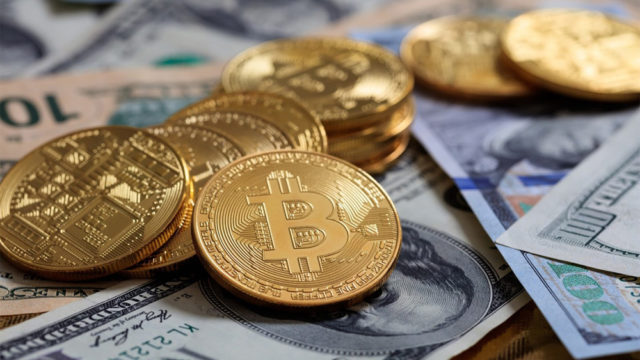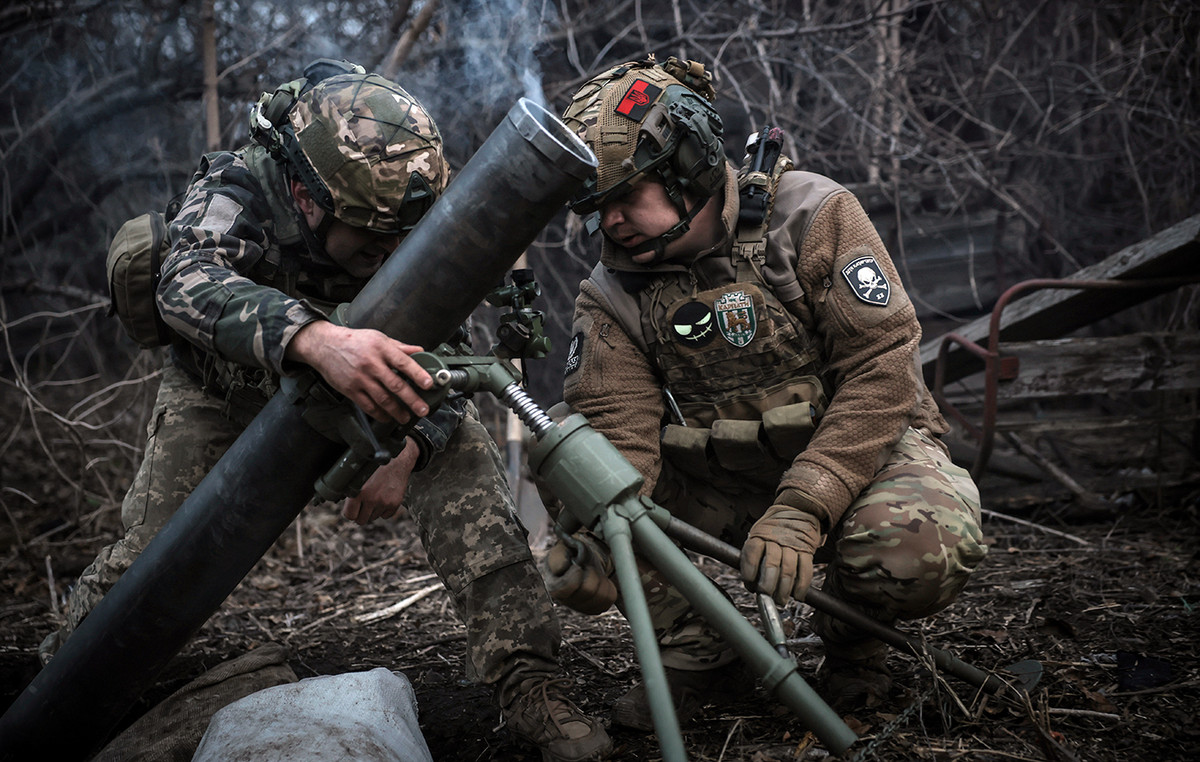No one knows who Catholic cardinals of the world will choose to succeed Pope Francis as the new leader of the Catholic Church. But for those who accompany carefully, sometimes there is evidence about who can emerge as the next pontiff.
The process of choosing a new pope is long and confidential. Most of the world’s 252 cardinals are coming to Rome to participate. Children under 80, 135 prelates, are preparing to participate in an conclave to elect the next pontiff.
As soon as it begins, which by church law should not occur before May 6, cardinals will be completely isolated from the modern world until a new Pope is elected.
Until then, they can participate in public events and give interviews about what they are looking for in the next leader of the world’s 1.4 billion Catholics.
“Reading the pre-competition signs to identify papal candidates is complicated because the signs are usually very subtle,” said John Thavis, the Vatican correspondent who covered three pads.
Francisco died on Monday (21) at the age of 88. There is no clear favorite to succeed it.
While the Pope was recovering from Easter weekend pneumonia, he asked the cardinals over 80 to preside over the various Vatican holiday celebrations, possibly because he didn’t want to indicate any favorite successor.
The Pope’s funeral, this Saturday (26), will be the first great time to be aware of the signs of who can be next.
Tens of thousands of people, including dozens of world leaders such as US President Donald Trump, and Ukrainian President Volodymyr Zelensky are expected in St. Peter’s Square for the ceremony. Millions of people will be watching the event around the world.
The cardinals present will listen carefully to the sermon given by Italian cardinal Giovanni Battista Re, ceremonial leader of the Cardinal College and retired authority of the Vatican.
In Pope John Paul II’s funeral in 2005, the sermon was given by German cardinal Joseph Ratzinger, who offered what many considered an exciting utterance about the life and legacy of the late Pope.
Eleven days later, Ratzinger would be elected Pope Benedict XVI.

Re is 91 years old, cannot participate in the conclave and is not a papal candidate.
But internal sources hope he will still try to offer a guide to his confreres to continue the way he chooses to describe the Papacy of Francis, or in any words he uses to describe the needs of the Catholic Church today.
Tips for Conclave should come slowly
The papal funeral marks the first nine days of mourning for the church. Another mourning mass will be celebrated in St. Peter’s Square on Sunday (27).
It will be chaired by Italian Cardinal Pietro Parolin, often cited as one of the main candidates for the papacy.
“The cliché is that the one who enters the conclave as a Pope, comes out as a cardinal,” said Christopher Bellitto, historian at Kean University in New Jersey, specializing in church. “Only prophets know what will happen.”
Other tips on possible successors of Francis will probably arise more slowly.
In 2013, while the cardinals gathered in Rome after the surprising renunciation of Bento XVI, some of the US prelates who were preparing to participate in the conclave began to give interviews to the press.
Later, the world’s largest cardinals in the world asked them to stop doing the press conferences.
Even though there are no press conferences this time, cardinals who spend time in Rome often celebrate masses in churches around the city.
The sermons that tend on these occasions can give indications of what they think.
“All signs will come into pieces, or phrases used to describe what cardinals are looking for in the next Pope,” said Thavis.
“Words such as ‘Opening’ and ‘Reform’ can adapt to certain cardinals, while ‘administrative skills’ and ‘solid theology’ can describe others,” he said.
To closed doors
The biggest tips will come at the daily meetings that cardinals will have the week before the conclave.
In these meetings, known as “general congregations”, cardinals have the opportunity to speak freely and even, perhaps, to offer a vision to a future papacy under their own leadership.
In 2013, Argentine cardinal Jorge Mario Bergoglio offered a brief reflection on one of these meetings.

He said the church, plagued by sexual abuse and financial scandals, had become “sick” and “too self -referential,” according to a later published text. He stated that the church needed to strive more to open to the modern world.
A few days later, Bergoglio would be elected Pope Francis.
The final deliberations about who will succeed Francis will take place in Conclave.
Cardinals entering the Sistine Chapel to vote will be isolated from the world, prohibited from reading newspapers or talking to the outside world.
When they begin their deliberations, Archbishop Diego Ravelli, who leads the Vatican’s liturgical celebrations, will shout in Latin: “Extra omnes!” (All out!)
Was this content originally published in who will be the next Pope? Cardinals can give clues before the conclave on the CNN Brazil website.
Source: CNN Brasil
Bruce Belcher is a seasoned author with over 5 years of experience in world news. He writes for online news websites and provides in-depth analysis on the world stock market. Bruce is known for his insightful perspectives and commitment to keeping the public informed.







